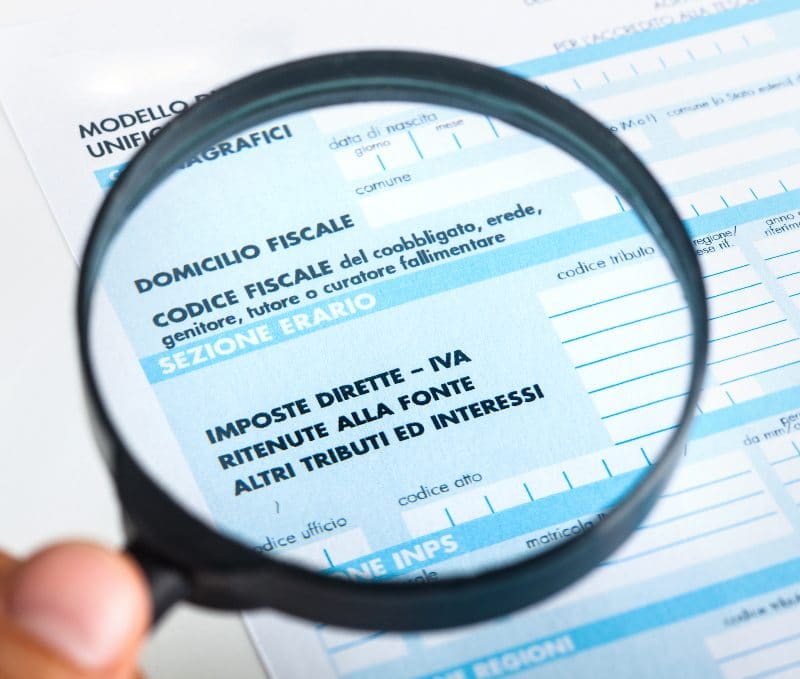Those who invest in cryptocurrencies are sooner or later faced with the question of how to pay their taxes. In Italy, this question is answered by the Italian Revenue Agency, while in the US it is answered by the IRS, which stands for Internal Revenue Services.
Summary
Italian Revenue Agency vs IRS, similarities and differences
As reported on the official website, the “Agenzia delle Entrate” in Italy has the task of carrying out functions relating to the management, assessment, litigation and collection of taxes.
Similar functions are carried out in the United States by the IRS, which must apply tax laws, deal with taxpayers’ tax returns and make criminal assessments or investigations.
Revenue Agency and cryptocurrencies in Italy
We will now examine how the “Agenzia delle Entrate” deals with cryptocurrencies.
The regulation in Italy is not at all clear, to the extent that more than a few times the Revenue Agency has been called upon to clarify matters by means of appeals.
The main point is whether cryptocurrencies should be included in the tax return. Specifically, there is a section, the RW form, where cryptocurrencies should be included.
According to a resolution and two different appeals, the Revenue Agency intends to assimilate cryptocurrencies to foreign currencies. Therefore, if they generate taxable income, they should be included in the RW form. Taxes are only paid when the average deposit exceeds €51,645.69 for seven consecutive days. Capital gains, i.e. earnings, are taxed at 26%.

The IRS and crypto taxes in the US
The IRS, on the other hand, has a FAQ section on its official website where it explains how to deal with cryptocurrencies.
It is explained that:
“Virtual currency is treated as property and general tax principles applicable to property transactions apply to transactions using virtual currency”.
In the case of the United States, cryptocurrencies must be declared on Form 1040.
To clarify how cryptocurrencies are treated for tax purposes in the US, the IRS had already taken care of this in 2014 with a special note explaining that the sale or exchange of virtual currencies or even their use to pay for assets, or as an investment instrument, has tax consequences that involve liabilities.
It is quite clear that the United States is clearly ahead of Italy in terms of taxation. However, these provisions could change when the Infrastructure Bill comes into force, which would oblige brokers to report crypto transactions to the IRS in order to charge them tax.
The problem is not so much the payment of taxes, but a much broader definition of a broker due to the decentralized nature of the industry. There is no doubt, however, that escaping taxes will not be easy even for a “pseudo-anonymous” sector like that of cryptocurrencies.



